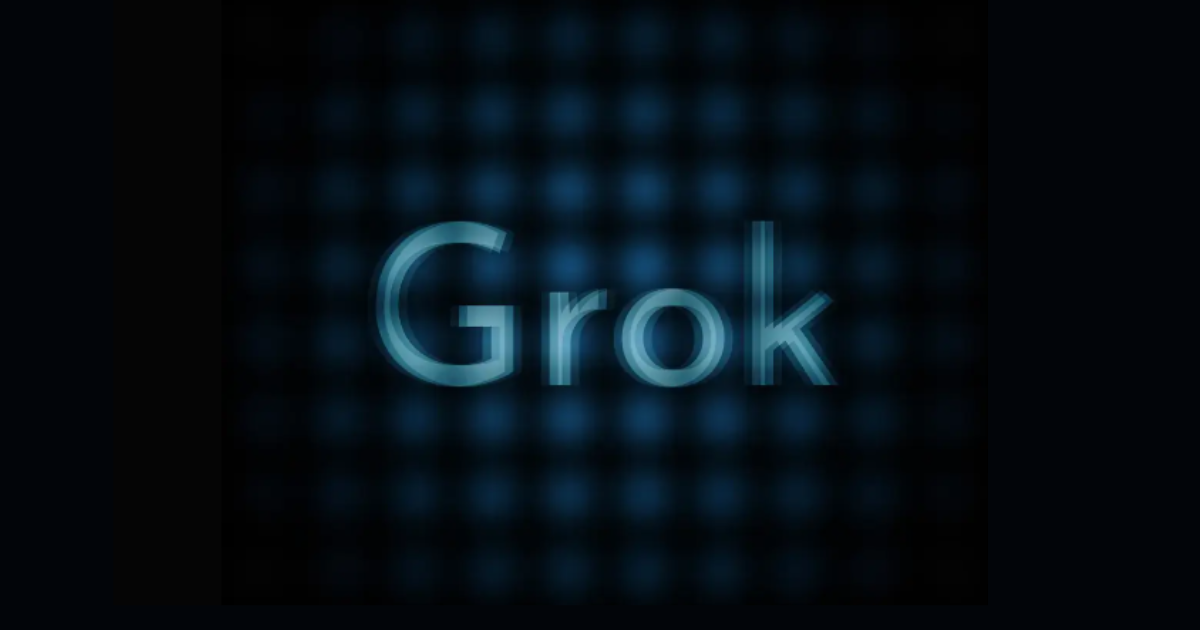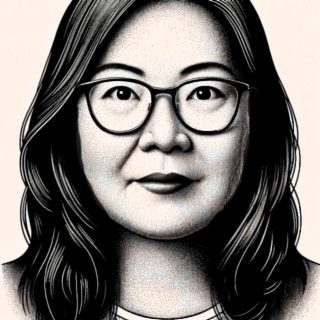Key takeaways:
- Elon Musk’s AI startup, xAI, announced that it has raised $6 billion in a Series B round.
- The startup plans to use the funds to commercialize its first products, build infrastructure and accerate the R&D of future technologies.
- Can xAI be the anti-OpenAI startup since Musk famously believes AGI is an existential threat to humans? Serendipitously, OpenAI Chief Scientist Ilya Sutskever just resigned and might be available.
XAI, the AI startup of quirky billionaire Elon Musk, announced this week that it has raised $6 billion in a Series B funding round, an astonishing amount for an 11-month old entity that puts it in the same league as OpenAI and Anthropic.
Key investors include Valor Equity Partners, Vy Capital, Andreessen Horowitz, Sequoia Capital, Fidelity Management & Research Company, Prince Alwaleed Bin Talal and Kingdom Holding, amongst others.
XAI’s only product thus far has been an AI chatbot called Grok, which has more relaxed filters than OpenAI’s ChatGPT, Anthropic’s Claude, Google’s Gemini and other leading bots. Founded in July 2023, xAI released Grok-1 four months later. In March, it announced an improved version, Grok-1.5, with a 128,000 token context window length. In April, Grok-1.5 Vision came out, the startup’s first multimodal model.
Notably, it is the largest open source large language model with 314 billion parameters and uses a Mixture of Experts (MoE) architecture of eight. “With the open-source release of Grok-1, xAI has opened doors for advancements in various applications, optimizations, and extensions of the model,†according to a company blog post.
XAI said the funds will be used to take xAI’s first products to market, build infrastructure and accelerate the R&D of future technologies.
“XAI is primarily focused on the development of advanced AI systems that are truthful, competent, and maximally beneficial for all of humanity. The company’s mission is to understand the true nature of the universe,†according to an xAI blog post.
OpenAI redux?
XAI is Musk’s attempt to create another superstar AI startup after leaving OpenAI. He famously came up with the idea for OpenAI after meeting with Google co-founder Larry Page, who seemed less than concerned about AI’s potential existential threat to humanity. Musk believed such superintelligence can be deadly – and he chafed at the idea Page felt this way, given that Google had the most AI resources in the world.
In 2015, Musk co-founded OpenAI as a nonprofit with Sam Altman, who became CEO, and a handful of select AI engineers. The idea was to be a counterweight to Google, whose AI knowhow was proprietary, by giving open access to their AI developments. Musk left in 2018, saying OpenAI’s “probability of success was 0†and he would build an AGI competitor, according to OpenAI’s recounting of the events.
OpenAI, realizing that raising billions was tough as a nonprofit, created a ‘capped profit’ subsidiary under the nonprofit parent. It was then able to raise a reported $13 billion from Microsoft as its largest investor by far. Then ChatGPT took the proverbial world by storm. Musk began to tweet his objections to the partnership as a de facto reconstituted Google. He even sued OpenAI for abandoning its original mission as a nonprofit.
To be sure, xAI was not founded as a nonprofit. But Musk has been fearful – some might even say paranoid – about the risk of artificial general intelligence (AGI) will one day subjugate or eradicate all of society. In his lawsuit filed in February in California, Musk even said that AGI’s existential risk has been giving him “extreme mental stress.”
Coincidentally – or serendipitously – former OpenAI Chief Scientist Ilya Sutskever has just resigned from OpenAI. He was recruited by Musk and Altman to join OpenAI but later was the one who was tasked by the board last November to fire Altman for not being “consistently candid.†Altman was reinstated five days later.
The brilliant Sutskever co-led the AI safety team at OpenAI. His co-leader, Jan Leike, would follow his resignation days later and on his way out revealed that OpenAI was not prioritizing the safety of its AI systems. Leike has since joined OpenAI rival Anthropic while Sutskever has kept mum about future plans, beyond hinting at a mysterious project he was developing.

